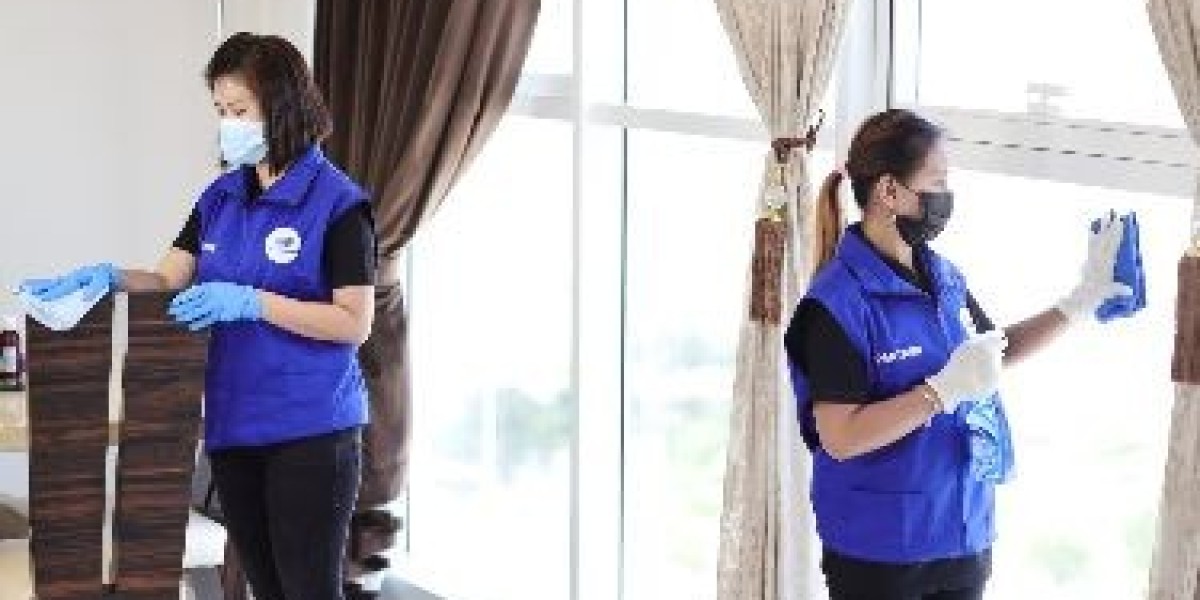In recent years, the field of medical tourism has experienced remarkable growth, with individuals traveling abroad to seek healthcare services for various reasons. As this industry continues to expand, the demand for knowledgeable and skilled professionals, particularly medical tourism consultants, is on the rise. These consultants play a crucial role in guiding patients through the process of seeking medical treatment abroad, ensuring a smooth and seamless experience. To meet the evolving needs of this dynamic industry, specialized training programs, such as courses for medical tourism consultants, have been developed to equip professionals with the necessary expertise.
Understanding Medical Tourism
The cornerstone of any training program for medical tourism consultants is a comprehensive understanding of the medical tourism industry. This includes gaining insights into the motivations behind medical travel, the factors influencing destination choices, and the types of medical treatments and procedures sought by patients. Consultants learn about the various destinations popular among medical tourists, as well as the healthcare facilities and providers offering specialized services. By understanding the dynamics of the medical tourism landscape, consultants can provide valuable guidance to patients seeking treatment abroad, helping them make informed decisions that align with their healthcare needs and preferences.
Navigating Regulatory Considerations
Regulatory considerations are another critical aspect covered in courses for medical tourism consultants. Consultants learn about the legal and ethical frameworks governing medical tourism practices in different countries, including patient rights, informed consent requirements, and liability issues. They also explore international accreditation standards for healthcare facilities and the role of government agencies in regulating medical tourism activities. Armed with this knowledge, consultants can advise patients on the legal and ethical aspects of seeking medical treatment abroad, ensuring compliance with relevant laws and regulations throughout the process.
Developing Effective Business and Marketing Strategies
In addition to understanding the industry and regulatory landscape, medical tourism consultants also receive training in developing effective business and marketing strategies. They learn about market research, competitor analysis, and strategic planning to identify opportunities and position themselves effectively in the market. Consultants also explore branding, pricing, and customer service strategies to attract and retain clients. By developing comprehensive business and marketing plans, consultants can differentiate themselves from competitors and establish themselves as trusted advisors in the field of medical tourism.
Practical Training and Case Studies
A key component of courses for medical tourism consultants is practical training and real-world case studies. Consultants have the opportunity to apply their knowledge and skills in simulated scenarios that mimic the challenges encountered in the medical tourism industry. They analyze case studies of successful medical tourism ventures and identify best practices that can be applied to their own consulting practice. Additionally, consultants engage in role-playing exercises to simulate interactions with patients, healthcare providers, and other stakeholders involved in the medical tourism process. This hands-on approach ensures that consultants are well-prepared to navigate the complexities of the medical tourism industry and provide valuable support to their clients.
Benefits of Training for Medical Tourism Consultants
Completing a training program for medical tourism consultants offers numerous benefits for professionals seeking to enter or advance their careers in this field. Participants acquire specialized knowledge and skills that are highly relevant to the medical tourism industry, including an understanding of industry dynamics, regulatory considerations, and business development strategies. They also enhance their career prospects by obtaining a recognized credential that demonstrates their expertise in medical tourism consulting. Whether they aspire to work independently or for consulting firms specializing in medical tourism, graduates of these training programs are well-equipped to succeed in a variety of roles within the industry.
Conclusion
As the demand for medical tourism services continues to grow, the role of medical tourism consultants becomes increasingly vital. Training programs tailored for these professionals provide valuable knowledge and skills to navigate the complexities of the industry and support patients seeking treatment abroad. By understanding the dynamics of the medical tourism landscape, navigating regulatory considerations, and developing effective business and marketing strategies, consultants can provide invaluable support to patients and healthcare providers alike. With their expertise and guidance, medical tourism consultants play a crucial role in ensuring a positive and seamless experience for patients seeking medical treatment abroad.
Follow me for more info:
https://www.youtube.com/watch?v=FhxjTK4GOj0
https://www.facebook.com/MedicalTourismBusiness
https://twitter.com/medtourbiz
https://www.youtube.com/@medicaltourismbusiness



